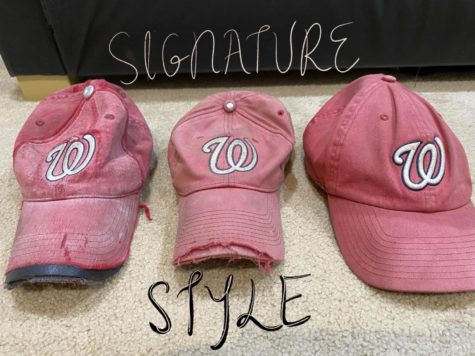The Controversy Surrounding the Live Action Mulan
On September 4th 2020 after a six month delay, the highly anticipated movie, Mulan, was released. However, suprisingly, the movie received backlash for two reasons: Liu Yi Fei, the main actress playing Mulan, and her public support of the Hong Kong police, and the end credits of the movie, where the studio thanks the film location, XinJiang, where officials are being accused of violating the human rights of the Uyghur Muslim minority group.
Last March, in Hong Kong pro-democracy protests and demonstrations occupied the streets of Hong Kong after Hong Kong Chief Executive Carrie Lam introduced a bill that allowed criminal extraditions–the act of sending a person back to their home country after discovering that they committed a crime–to China. The bill would allow Hong Kong authorities to detain people wanted in other countries, including China. The critics of this law suggested that by passing this bill, China will be able to virtually detain anyone in Hong Kong. They also suggested that people would be subject to unfair trial and torture under the judicial system in China.
China and Hong Kong already had a rocky relationship. After China took back Hong Kong from British rule in 1997, China has been ruling Hong Kong with a system different from the one in mainland China. While the mainland is controlled by a single communist party, Hong Kong has a limited democracy. Both countries share the President of China as their Chief of State. Hong Kong also has cultural values that are different from ones of the mainland due to the influence from past British rule.
For these reasons, pro-democracy advocates in Hong Kong began protesting about four months ago (protests are continuing in some parts of the city despite strict social distancing). Many human rights activists have disapproved of the Hong Kong police, because of their violent ways to suppress the protestors. Last November, the HK police stormed a school campus occupied by Pro-democracy activists, throwing tear gas at the protestors and detaining them.
Over the duration of the protests, last August, Liu Yi Fei posted on Weibo, a graphic from the China’s state-run People’s Daily Newspaper which, translated from Chinese, said “I support the Hong Kong police, you can beat me up too” alongside with a heart and muscle arm emoji. This brought outrage to the protestors and the human rights’ activists as Liu Yi Fei is a naturalized American citizen supporting the police who are oppressing the people fighting for their democracy. As her post began to spread, people started to trend the hashtag #BoycottMulan on Twitter. The noise naturally died down as the movie was postponed by six months, but resurfaced once the movie was released in September.
The criticism only heightens after this. The film’s end credits give special thanks to the publicity department of CPC Xinjiang Uyghur Autonomous Region Committee for allowing them to film in Xinjiang, which is also where the Chinese government has been allegedly detaining Uyghur Muslim minorities. They also thanked the Public Security Bureau in Turpan, which operates “reeducation camps,” where people are forced to do things that are against their religion, such as drinking alcohol and eating pork. The United Nations has accused China of holding more than a million Uyghur in internment camps against their will.
On September 10th, during the Bank of America Virtual 2020 Media, Communications & Entertainment Conference, the Disney CFO, Christine McCarthy, addressed the Uyghur controversy:
“I’m not a box office prognosticator, but it has generated a lot of publicity. Let me just put something into context. The real facts are that Mulan was primarily shot—almost in entirety—in New Zealand. In an effort to accurately depict some of the unique landscape and geography of the country of China for this period drama, we filmed scenery in 20 different locations in China. It’s common knowledge that, in order to film in China, you have to be granted permission. That permission comes from the central government.”
McCarthy also stated that it is common practice “to acknowledge in a film’s credits the national and local governments that allowed you to film there. So, in our credits, it recognized both China and locations in New Zealand. I would just leave it at that, but it has generated a lot of issues for us.”
Although human rights activists have strongly disapproved of this movie, Mulan has been a success for Disney’s app, Disney+. Disney reported that there was a 68% increase in downloads in anticipation for Mulan’s release. There was also a 193% increase in how much subscribers spent on the Disney+ app due to the additional $30 fee to watch the movie.
Despite the anticipation for the remake of the classic Disney movie, Mulan has caused many controversies, receiving the disapproval of the public.





